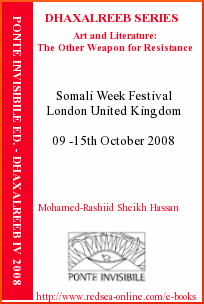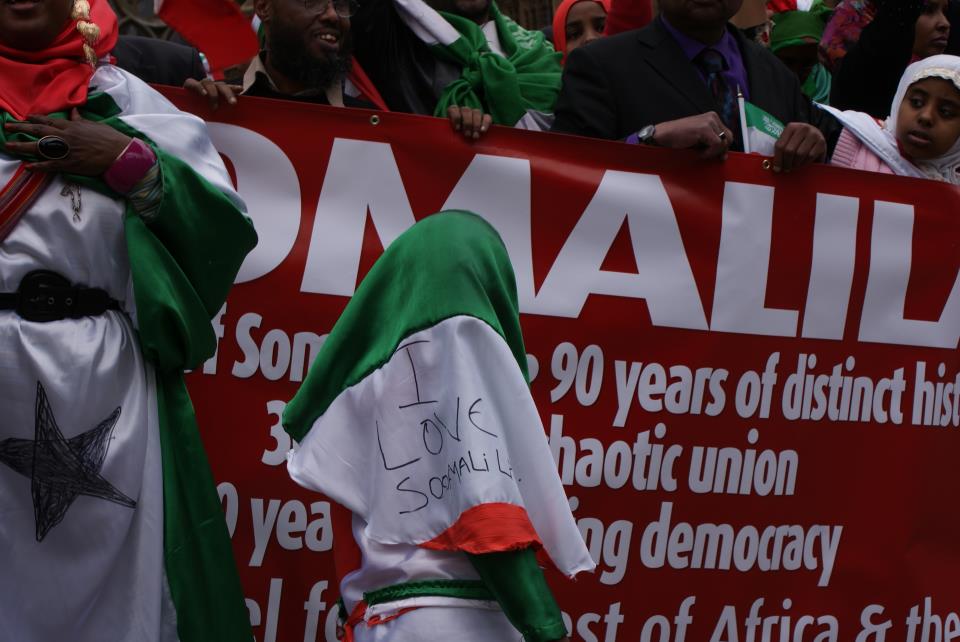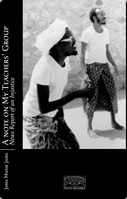
Art and Literature:
The Other Weapon for Resistance
Mohamed-Rashiid Sheikh Hassan (rashid108@hotmail.com)
In the earlier years of colonization, African native languages and cultures
were seen as inferior and incomprehensible and did not even deserve
scientific examinations. Nations themselves were often seen as narrations. The
power and the authority to narrate or to block other narratives from
emerging were, according to Edward Said, an important aspect of the
culture of the imperialism.
African nations and states don’t want to be seen any more as
“inventions.” They have already become members of the international
community and though as yet not economically prosperous they don’t
feel culturally inferior to the older nations.
Literature and arts particularly oral literature has played a significant role
in the understanding of the state complexity and the political ideas
associated with it.
This presentation highlights how literature was utilized for resistance
against:
· colonial powers
· Post-colonial state corruptions, manipulations and particularly the
oppression of the military regime and its abuse of human rights in
the Somali context and how the militry regime used also to
discredit the opposition.
· and finally the lamentation of the loss of the state and the
restoration of somaliland as a separate state.
Author: Mohamed-Rashiid Sheikh (jmgurey at gmail dot com)
Version: 1.0 Filesize: 201.37 Kb


